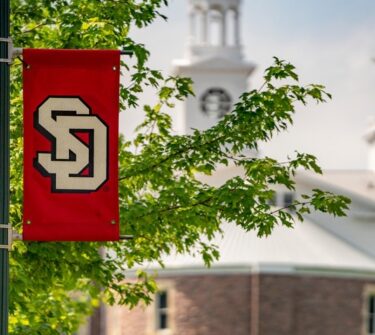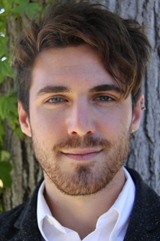

“It’s hard not to work with data these days,” said Bedoya, whose current job at a large health care provider on the West Coast involves helping recruit physicians for positions in locations across the U.S.
Using his tech background honed during his five years at a tech startup he cofounded, Bedoya now helps health care professionals find the best professional match. His company focuses on serving underprivileged communities.

“The business model is getting away from commission-based recruiting and moving toward finding the right fit – and a more sustainable fit – for providers and communities,” he said.
Effectively managing data from physicians and providers helps Bedoya’s team make a connection that considers not only a candidate’s medical expertise, but also career goals and lifestyle. In his position, Bedoya’s work includes reducing the time taken to fill positions and applying algorithmic matching and data warehousing strategies.
AI and machine learning are involved in all aspects of this work and also featured prominently in how these technologies can create a healthier workplace for clinicians.
“There is a lot of burnout in the industry related to administrative burden,” Bedoya said. “Perhaps in the near future AI will take over a lot of functions and workload inefficiencies will be reduced.”
Bedoya ties this work back to his sustainability major at USD, which taught him to make the best use of available resources. Finding the right job match and reducing administrative burden, for instance, helps clinicians make a sustainable commitment to serving a community in need.
Seeing things from a global perspective is another benefit of a degree in sustainability, Bedoya said.
“It’s helped me be more of a systems thinker and see how everything is interconnected,” he said. “Having a sustainability background helps me try to make the right decision for the right reason – impactful decisions that will sustain themselves.”
Give back to the College of Arts & Sciences here.
